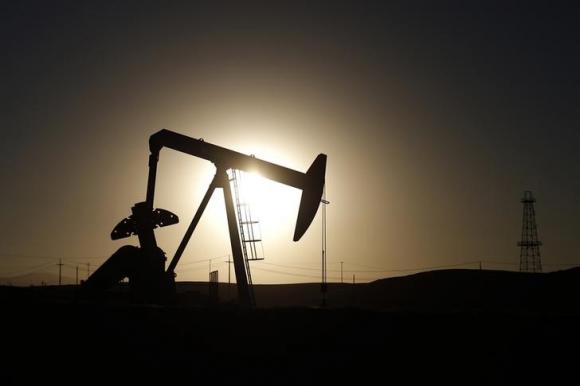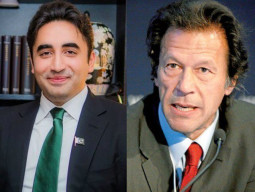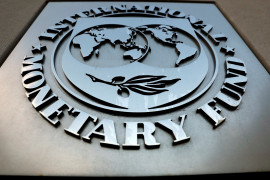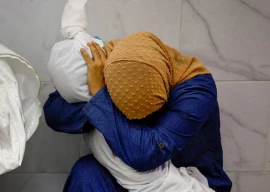
KARACHI: Pakistan’s economy, which is underperforming mainly due to an unwanted growth in imports, has been blessed with a golden opportunity to fix some of the grave challenges following a notable drop of around 25% in global crude oil prices in the last five months.
The price of US benchmark West Texas Intermediate (WTI) fell to $56.3 per barrel on Thursday from around $74.5 in June 2018 on supply glut amid a notable drop in demand from across the world.
Indian daily The Economic Times anticipated that the oil price may slip below $50 per barrel going forward.
IMF hopes govt efforts will help revive economy
“If the price remains around the current level, it is expected to benefit the domestic economy, especially in second half of the current fiscal year,” BMA Capital Economist Fawad Khan told The Express Tribune.
Pakistan heavily relies on imported petroleum products to fuel the economy. According to estimates, it meets around 70% of the energy needs through imports.
The import of crude and other petroleum products comes to around one-fourth of the total import bill of the country.
Pakistan imported oil worth $3.78 billion - around 26.5% of total imports of $14.25 billion - in first three months (Jul-Sept) of the current fiscal year 2018-19, according to the Pakistan Bureau of Statistics.
With the lower oil prices, Pakistan will be able to arrest the runaway current account deficit, which has continued to widen for the second successive month in October 2018 due to import growth.
“The low oil price will help Pakistan push the inflation rate down, curtail subsidies and rationalise general sales tax (back to the high of 17%) on petroleum products,” Khan said.
Pakistan usually imports Arab Light oil from Gulf countries, mainly from the UAE. The price of Arab Light oil has dropped over 21% to $67 per barrel on Thursday from the peak of around $85 in mid-October.
Earlier, the government had reduced sales tax to keep oil prices low in the retail market.
The rationalisation of tax rates would help the government collect higher revenues and curtail the fiscal deficit. “Low imports help narrow down the fiscal deficit… and the current account deficit,” he said.
The situation will also lead to a reduction in the demand for dollars and other world currencies as the government is negotiating a bailout with the International Monetary Fund (IMF) following the decline in foreign currency reserves to a four-and-a-half-year low of $7.48 billion as on November 9, 2018.
The reduction in the oil price would help the domestic economy to partially offset the additional cost of imports due to a massive 27% depreciation of the rupee against the dollar in the last 11 months.
Besides, oil refineries and oil marketing firms may build inventories before the prices bounce back in the future.
Sector-wise impact
While the drop in the international oil prices is taken as positive for the domestic economy, this would simultaneously impact different sectors of the economy differently.
The low oil prices is negative for oil and gas exploration and production firm, oil marketing companies and refineries.
On the other hand, it would positively impact the agriculture, power producers, chemicals, cement, steel, textile, car manufacturers and transportation sectors of the economy.
Political, economic situation in focus during federal cabinet meeting
BIPL Research said in a commentary to its clients, “Oil prices have slid 25% after hitting a multi-year high of $86/barrel on Oct 3, 2018. The impact of such a swing is observed in the petrochemical industry where prices tracked the volatility in oil.”
“Continued downtrend in oil prices may push PVC-Ethylene and PTA-PX deltas (chemicals) even further. Similarly, improving CRC-HRC margins will support flat rolled manufacturers, it added.
Besides, the government may partially pass-on the reduction to end-consumers and partially retain it to fix the faltering economy. “The government may pass on 30% of the reduction to the public. This would work,” he said.
The partial pass-on would also keep prices stable in retail market as if they bounce back at any point of time in the future the government would have fiscal space to adjust them accordingly.
Published in The Express Tribune, November 17th, 2018.
Like Business on Facebook, follow @TribuneBiz on Twitter to stay informed and join in the conversation.



































































COMMENTS (1)
Comments are moderated and generally will be posted if they are on-topic and not abusive.
For more information, please see our Comments FAQ